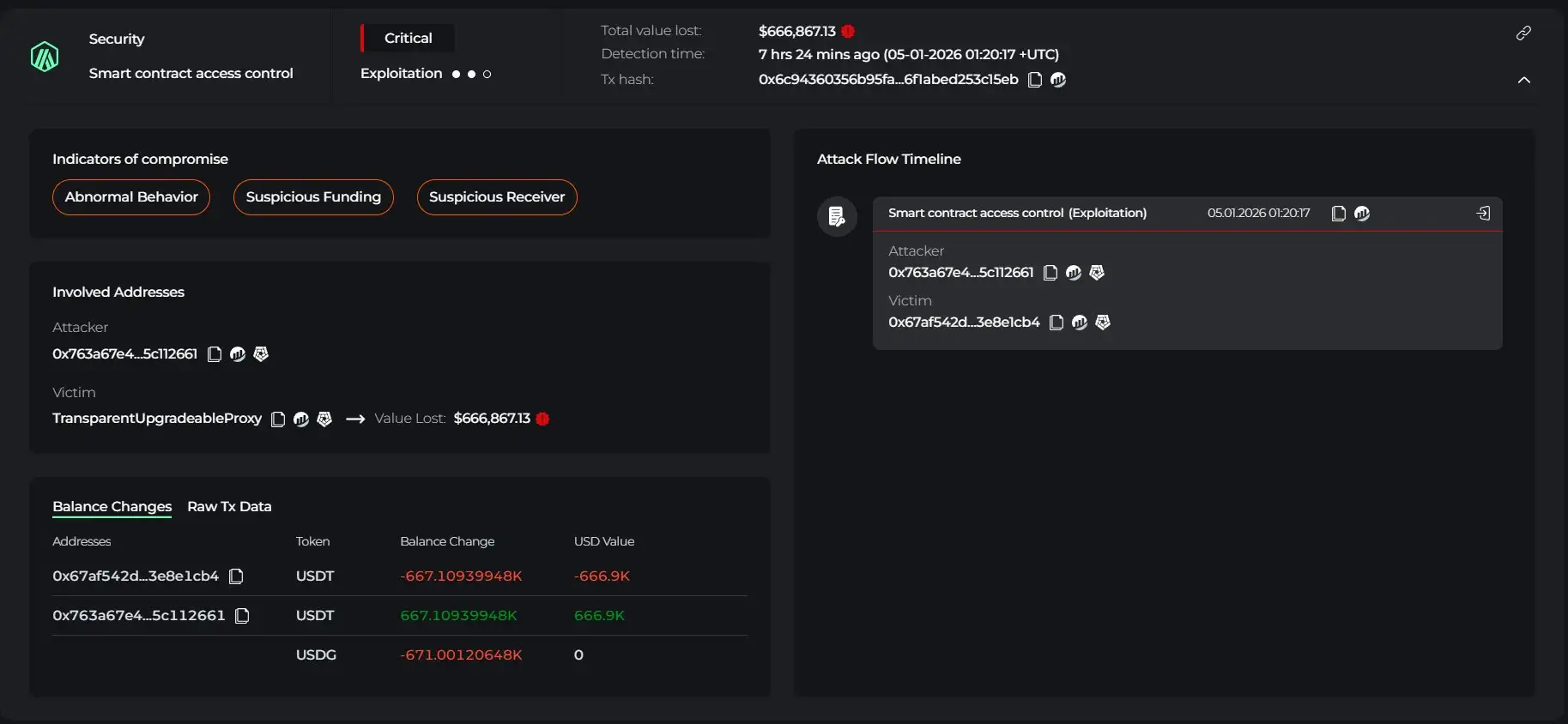
In today’s rapidly evolving digital landscape, startups face immense competition and an ever-increasing demand for transparency, security, and innovation.
Traditional platforms, while reliable in certain contexts, often come with centralized control, limited user privacy, and high operational costs.
As blockchain technology gains traction, decentralized applications (DApps) are emerging as a transformative solution for businesses seeking to offer trustless, open, and cost-effective services.
DApps leverage the power of blockchain networks to enable peer-to-peer interactions without intermediaries. This eliminates many challenges associated with centralized platforms, making them an attractive choice for new ventures looking to disrupt their respective industries.
But what exactly makes DApps so appealing to startups? And why are they increasingly becoming the go-to option over conventional digital solutions?
The shift from traditional platforms to DApps is driven by several critical advantages that align perfectly with startup needs in a highly competitive, fast-paced market environment. Below are the primary factors fueling this trend:
Traditional platforms rely on centralized servers and third-party entities to manage transactions and data storage. This often leads to additional costs, operational delays, and potential single points of failure.
DApp development services remove these intermediaries by using the blockchain’s decentralized architecture, enabling direct peer-to-peer interactions.
This enhances speed, transparency, and efficiency while significantly lowering dependency on centralized authorities or middlemen.
Cybersecurity threats are a growing concern for startups, as breaches can result in data theft, reputational damage, and financial losses. DApps are built on blockchain networks, which use advanced cryptographic methods to ensure data integrity.
Once data is recorded on the blockchain, it becomes immutable and resistant to tampering. This strong security framework minimizes the risk of hacks or data manipulation, a major advantage over centralized solutions where a single compromised server can expose sensitive information.
Operating traditional platforms often involves expensive infrastructure, server maintenance, and recurring third-party fees. DApps, on the other hand, reduce costs by removing intermediaries and leveraging decentralized infrastructure.
While there are initial blockchain development costs, startups can benefit from lower long-term expenses, reduced payment processing fees, and increased operational efficiency.
Traditional systems can face geographic restrictions, regulatory limitations, and banking barriers that prevent certain users from participating. DApps are inherently borderless and permissionless, allowing anyone with an internet connection and a digital wallet to interact with them.
This makes it easier for startups to reach a global audience without worrying about infrastructure limitations or regional payment gateways.
Startups often struggle to establish trust among new users and investors. Since blockchain transactions are publicly verifiable and auditable, DApps provide unparalleled transparency.
Users can verify actions on-chain, eliminating doubts about hidden fees, unfair practices, or data manipulation. This fosters greater trust and loyalty, giving startups a competitive advantage in attracting and retaining customers.
Unlike traditional platforms where user data is stored and controlled by centralized authorities, DApps give users full ownership of their assets and personal information.
Through private keys and smart contracts, users can securely manage their funds and data without relying on a third party. This user-first approach enhances satisfaction and positions startups as advocates of data privacy and digital sovereignty.
DApps enable startups to experiment with innovative solutions such as decentralized finance (DeFi), non-fungible tokens (NFTs), decentralized marketplaces, and play-to-earn ecosystems.
These blockchain-based models open up fresh revenue streams and unique engagement methods that traditional platforms cannot easily replicate.
The ability to tokenize assets, create governance tokens, and implement automated smart contracts gives startups an edge in delivering cutting-edge services.
Many DApps are designed to work seamlessly with other blockchain-based applications. This composability allows startups to build on existing protocols, integrate cross-platform functionalities, and scale rapidly without developing everything from scratch.
In contrast, traditional platforms often suffer from data silos and limited third-party integration capabilities.
Centralized platforms are vulnerable to government restrictions, server outages, or corporate takeovers, which can disrupt services. DApps, powered by decentralized networks, offer higher uptime and resistance to censorship.
Since no single authority controls the system, startups can ensure that their applications remain accessible and operational even under adverse conditions.
Blockchain ecosystems are continuously evolving with advancements in scalability solutions, layer-2 protocols, and cross-chain bridges. Startups investing in DApps today position themselves for future growth opportunities.
As blockchain networks mature, these decentralized applications can scale effectively while maintaining security and low transaction costs, advantages that traditional platforms struggle to match.
The startup ecosystem thrives on agility, innovation, and trust, all qualities that decentralized applications inherently provide. From lowering costs and enhancing security to enabling global reach and introducing novel business models, DApps offer unparalleled benefits over traditional platforms.
As blockchain adoption accelerates, more startups are recognizing the potential of building decentralized solutions that empower users, eliminate intermediaries, and create transparent, scalable ecosystems.
For entrepreneurs aiming to disrupt industries and stay ahead of the competition, DApps represent a strategic leap toward the future of digital services. Collaborating with a skilled blockchain development company can help startups design robust, secure, and scalable decentralized applications tailored to their business vision.
With DApps, the barriers imposed by centralized systems are no longer a limitation; innovation and user empowerment take centre stage in the digital economy of tomorrow.
On-Chain Media articles are for educational purposes only. We strive to provide accurate and timely information. This information should not be construed as financial advice or an endorsement of any particular cryptocurrency, project, or service. The cryptocurrency market is highly volatile and unpredictable.Before making any investment decisions, you are strongly encouraged to conduct your own independent research and due diligence
Tags :

0 Comments
Show More

Solana is showing a bullish engulfing candlestick that could drive prices toward $150. Analysts forecast a potential 600% surge for XRP if market momentum strengthens.

Cyvers detects deployer account compromise, funds bridged to Ethereum and laundered through Tornado Cash. Latest DeFi security incident on January 5, 2026.

Revolut’s 2017 “experiment” is now the fintech standard. Neobanks, marketplaces & apps are all adding crypto to boost revenue, retention & user growth.
On-Chain Media is an independent, reader-funded crypto media platform. Kindly consider supporting us with a donation.
bc1qp0a8vw82cs508agere759ant6xqhcfgcjpyghk
0x18d7C63AAD2679CFb0cfE1d104B7f6Ed00A3A050
CBaXXVX7bdAouqg3PciE4HjUXAhsrnFBHQ2dLcNz5hrM
Contains the last 12 releases